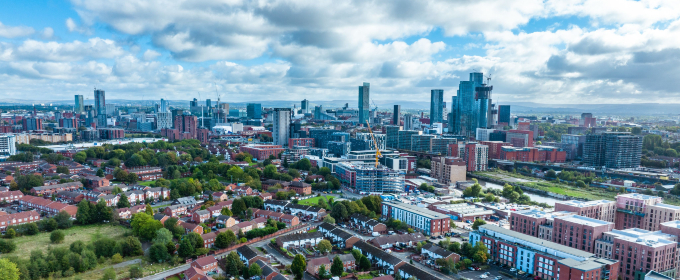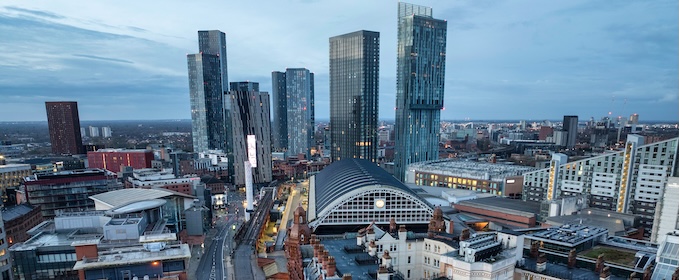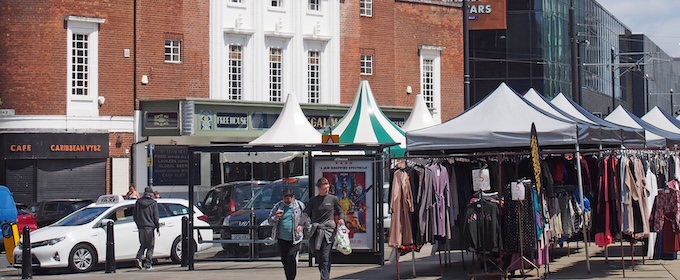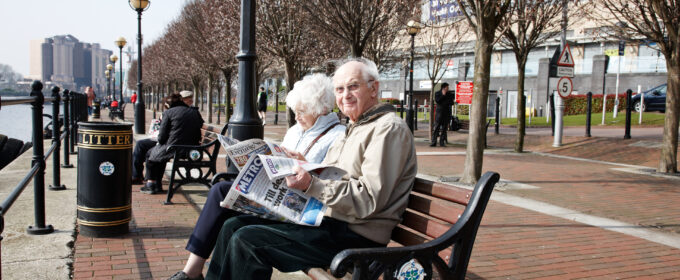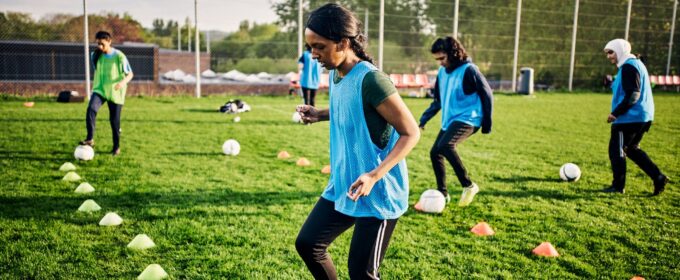Industrial biotechnology is an interdisciplinary field that draws on biological resources to produce and process everyday products such as food, fuels, materials, and medicines. It holds huge potential to revolutionise industry by making production processes more sustainable and so addressing global challenges such as food security, resource scarcity and environmental degradation. In this article, Professor […]
